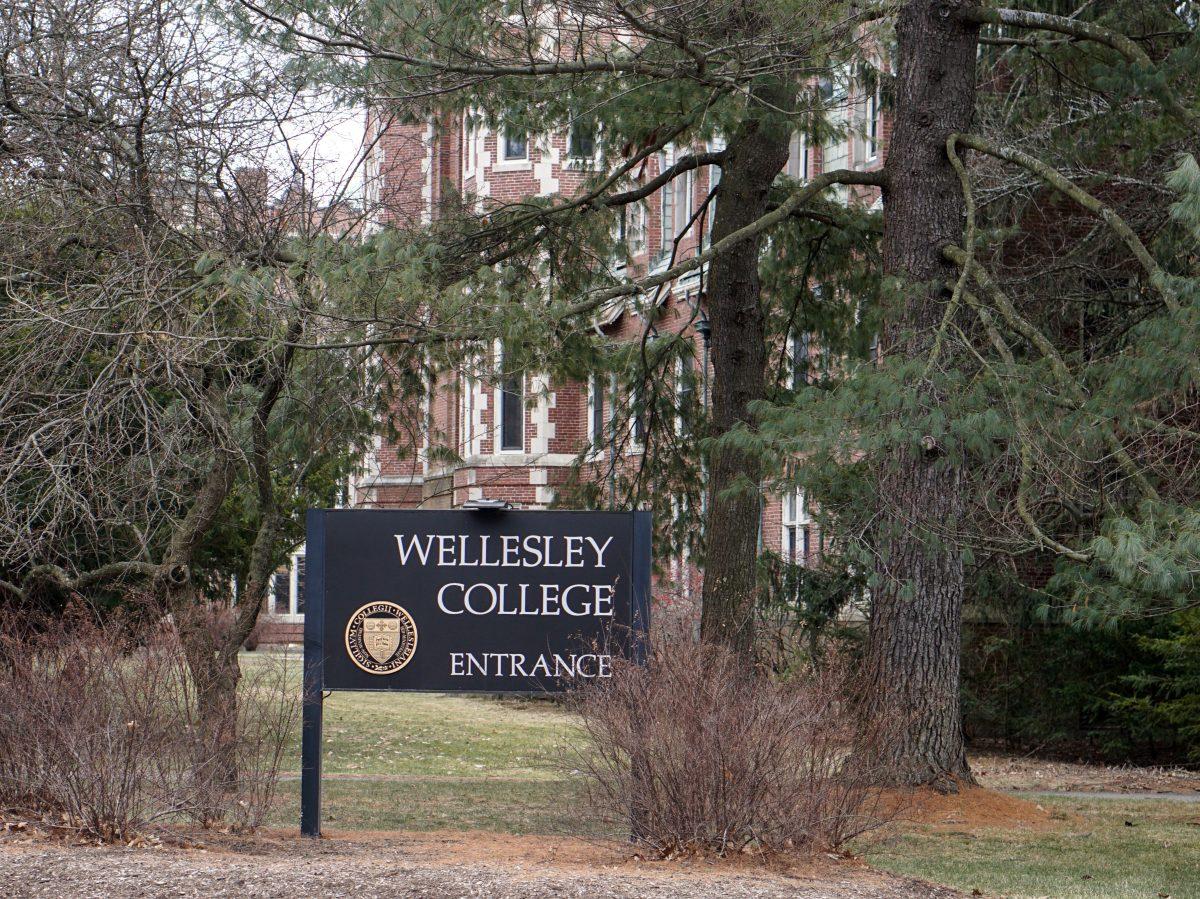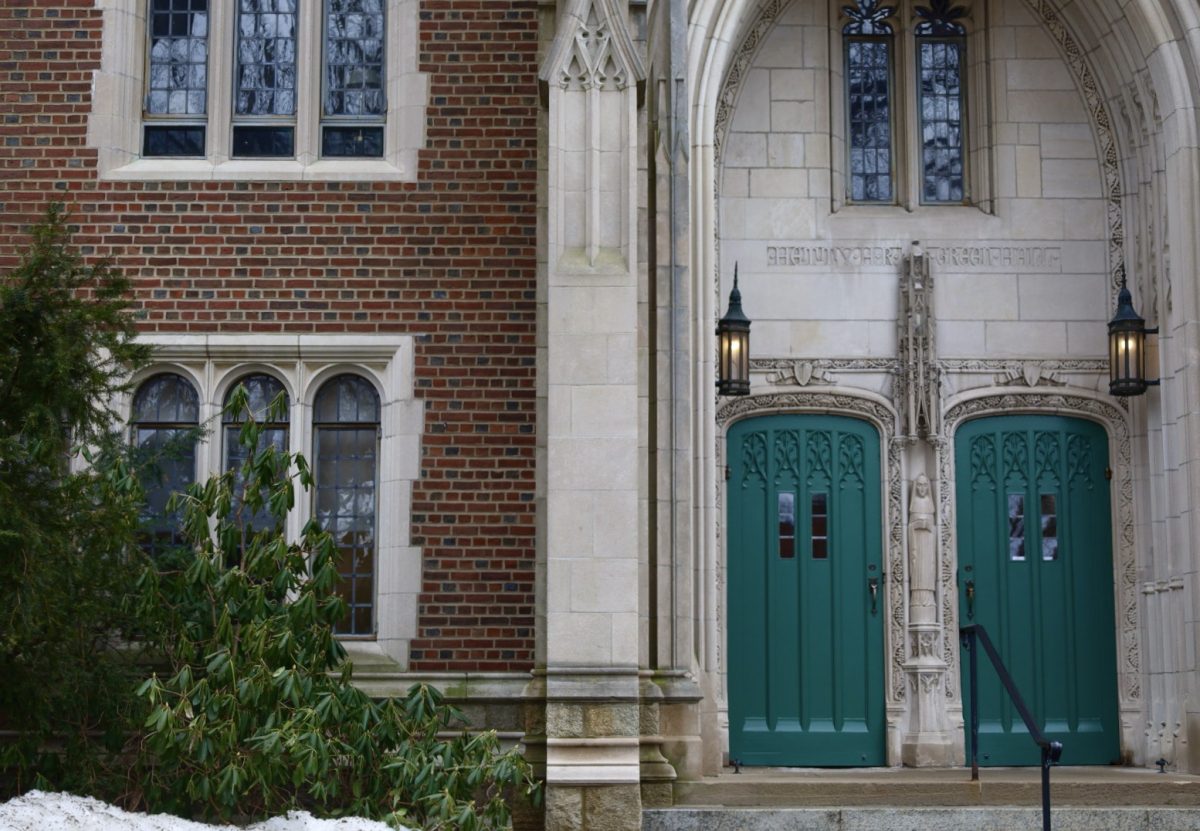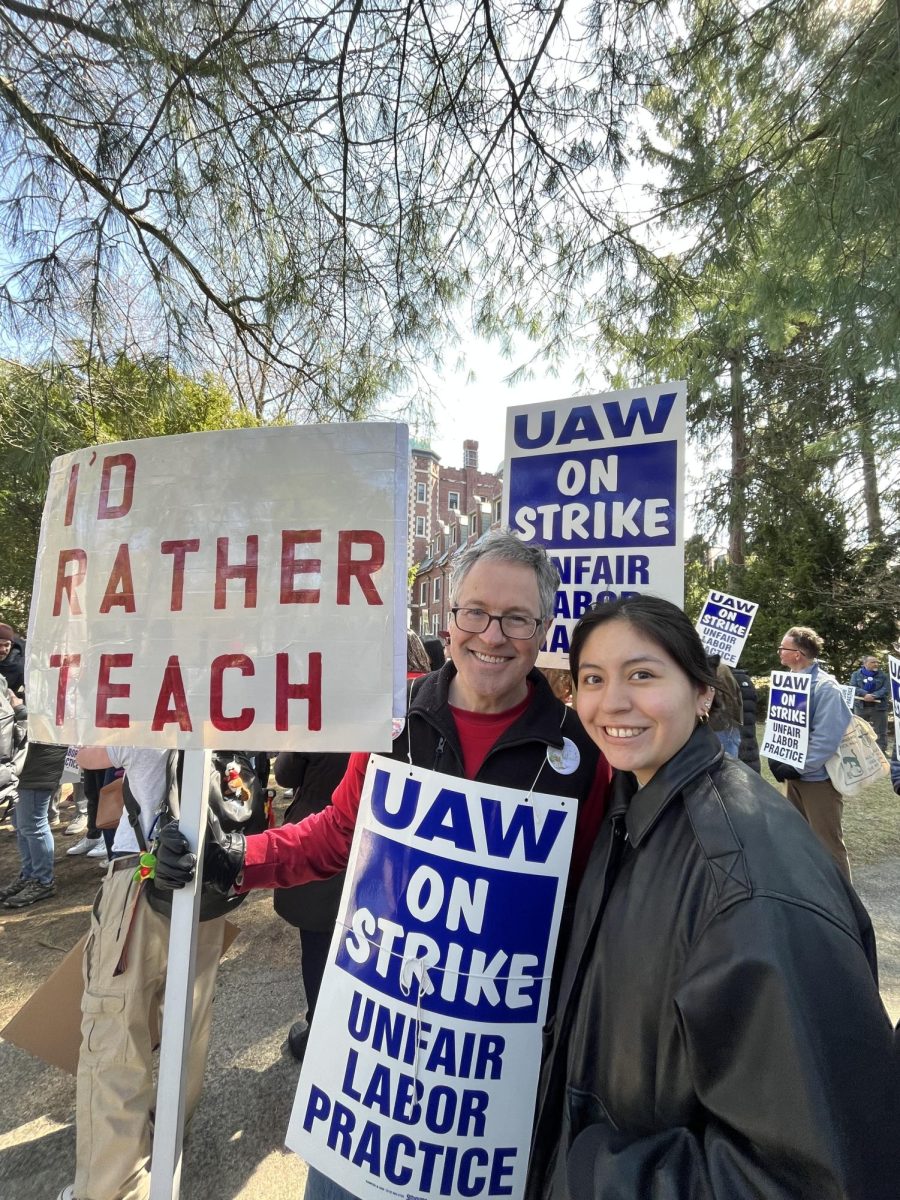At the end of the fall 2016 semester, President Johnson released a written statement to the student body explaining her decision not to declare Wellesley College a sanctuary campus, writing, “…there is no consistent definition of the term; the term carries no legal status or weight; and we believe making that declaration could lead to unintended consequences, such as potential retaliation.”
By declaring the campus a sanctuary, Wellesley would have been considered a refuge for undocumented members of the community. The college would have refused to turn over undocumented persons to Immigration and Customs Enforcement (ICE), The Department of Homeland Security (DHS) and other federal agencies demanding that these individuals be turned in.
In her letter, she detailed policies and initiatives the college is dedicated to providing for students, faculty and staff affected by the constantly-changing legislation passed by Donald Trump and his cabinet.
President Johnson wrote, “Wellesley stands committed to equity, respect, and safety for all. Our shared values require that when any of us—individually or as a group—is threatened, we must act with the power of a united voice on behalf of the rights of each and every member of our community.”
She continued to outline her administration’s plan of action for the coming months. The plans include refusing to cooperate with law enforcement and ensuring that everyone in the community is safe. Faculty and staff will also be constantly up-to- date with college policies and procedures regarding undocumented and international students. At the end of her statement, President Johnson listed additional actions that the college will take to prepare the community for potential changes in federal law.
President Johnson wrote that the administration will not release any confidential documents of any student to federal officials unless given a lawful warrant or subpoena. Many members of the community feel that the college could have taken a stronger position.
Students and faculty who were leaders in the movement to make Wellesley a sanctuary campus were disappointed with President Johnson’s decision and believed that the simple act of declaring the campus a sanctuary would have been a bolder and more unifying action.
According to Professor Catia Confortini, a professor in the Peace and Justice Studies Program and one of the faculty activists, the College’s decision not to declare itself a sanctuary campus was somewhat disappointing and illuminated Wellesley’s reluctance to be at the forefront of the resistance. However, she was pleased that the college did take precise action in, for example, recruiting alumnae to offer pro bono legal assistance to students.
“I commend certain aspects of [President Johnson’s statement] and the fact that they are precise actions [but]… For the students and for the staff that are undocumented or whose families are undocumented, coming out with the word “sanctuary” was important, and it wasn’t SANCTUARY, page 2 done,” Confortini said.
Even though Confortini was disappointed that the college didn’t declare itself a sanctuary, she thought the town hall on admissions policies regarding undocumented students at Wellesley in late November, as well as the information session given by two immigration attorneys in the Library Lecture Room in early December, were good efforts by the college to inform the community of the changes likely to come in federal immigration policy.
“I think if you take into consideration the town hall and the lawyers, there was at least an effort to collective ownership [on the part of] the administration to listen to different voices, and that I do really appreciate,” Confortini said.
Christopher Candland, a professor in The Political Science Department and one of the faculty members who worked with Professor Confortini to draft the petition, understands why the college decided not to name itself a sanctuary.
“President Johnson pointed out in her announcement that the word “sanctuary” has no consistent meaning. Some, I understand, felt that declaration of the campus as a “sanctuary” would convey a false sense of security, guarantees and protections that Wellesley cannot in fact or under the law provide,” Candland said.
Gloria Sanchez ’17, co-founder of the Latinx advocacy group Raíz, was one of the organizers responsible for the petition demanding that Wellesley be named a sanctuary campus. Although she appreciates the efforts being made by the college, she is disappointed that the administration chose not to support the petition.
“I’m glad that President Johnson committed to taking a series of actions that intend to protect undocumented students, staff, and faculty. However, I’m disappointed that Wellesley failed to adopt the term “sanctuary.” Wellesley prides itself in educating ‘women who will make a difference in the world’ but failed to lead by example,” Sanchez said.
President Johnson wrote in her statement that a working group will be convened to “respond to the needs of any undocumented members of our community—or any other community member who may be feeling vulnerable—in the days and even years ahead.”
Sanchez and Confortini are waiting to see the formation of this group and would like to take part in the discussions surrounding the protection of undocumented students on campus.
“We [in Raíz] hope to see Wellesley administration move to convene a working group of students, staff, and faculty ready to act in the face of any new developments, such as when this week, Trump issued dire executive orders that target undocumented and Muslim immigrants and refugees,” Sanchez commented.
Confortini shares Sanchez’s sentiments and has made it clear that she will offer herself as a resource to student organizers.
“I’m ready to fight with the students wherever they want,” Confortini said.
This past Friday, Mr. Trump signed into law an executive order barring individuals from Iran, Iraq, Sudan, Yemen, Libya, Somalia and Syria from entering the country for 90 days. Late Sunday evening, President Johnson issued a statement to the committee advising students affected to refrain from international travel. She also listed resources available to students, faculty, and staff, such as Slater, Human Resources and The Office of Religious and Spiritual Life.
There was no mention of a change in policy or a move to declare Wellesley a sanctuary campus.









